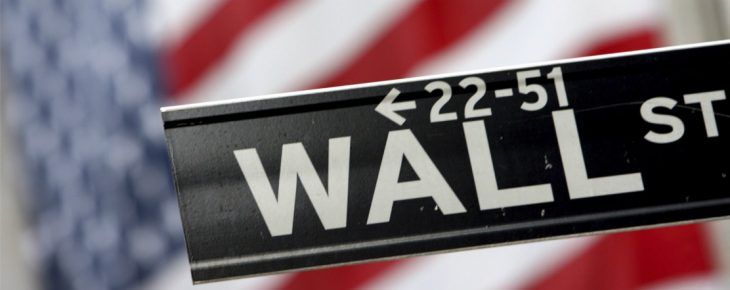Economist: Mixed bag in 4Q earnings suggests slower 2019 economy
by March 7, 2019 2:25 pm 620 views

Mervin Jebaraj, economist with the University of Arkansas Walton College of Business, says the fourth quarter earnings of publicly traded companies supports his theory that 2019 will be less robust than 2018 for many American companies.
Jebaraj, who heads the Center for Business and Economic Research, offered his commentary right before the latest fourth quarter GDP reading of 2.6%. He said that the earnings reports for many public firms made it hard to give a strong direction for where the economy may be headed.
“[T]he fourth quarter earnings that we’ve seen so far are a very, very mixed bag, depends on what sector you’re looking at. It looks like some of the strongest growing sectors in the United States — in particular the technology companies — didn’t do so well, so we’ve seen some mixed earnings reports from companies like Google, or their parent company, Alphabet, and Apple, and all of these companies that have been driving economic growth in the S&P 500 Index, for example, over the last several years.”
Retailers are up and down, he noted. For instance, Walmart beat earnings expectations but others struggled at year’s end, typically the strongest period for sales due to holiday shoppers. Manufacturing concerns are struggling with trade wars, which will enter a second year in 2019.
“You look at companies like Ford and Caterpillar… they’re complaining about tariffs and the cost of those tariffs on their businesses, so that piece is mixed as well,” Jebaraj said.
Many economists, including Jebaraj, are hesitant to say a recession may be forthcoming, but there is solid consensus that GDP in the coming year will not surpass 3%.
“I think if read the tea leaves and what these analyst expectations are from these earnings reports, you’ll see that 2019, everybody’s expecting a slower 2019 than we had in 2018,” he said. “I think there’s a global economic slowdown, in the sense that most economies around the world — industrialized and non-industrialized — are entering this slower growth cycle. Here in the United States, the effect of that stacked tax cut stimulus that happened through 2018 essentially fades in 2019 and 2020, so we’re expecting slower growth.”
“Most expectations are about 2.5% GDP growth in 2019, so slower than we were last year, about on par with where we were in 2017. So, no recession yet. Reading the tea leaves, assuming that this trade deal with China gets settled, but a much slower growth than we had in 2018,” he added.
You can watch Jebaraj’s full interview in the video below.
